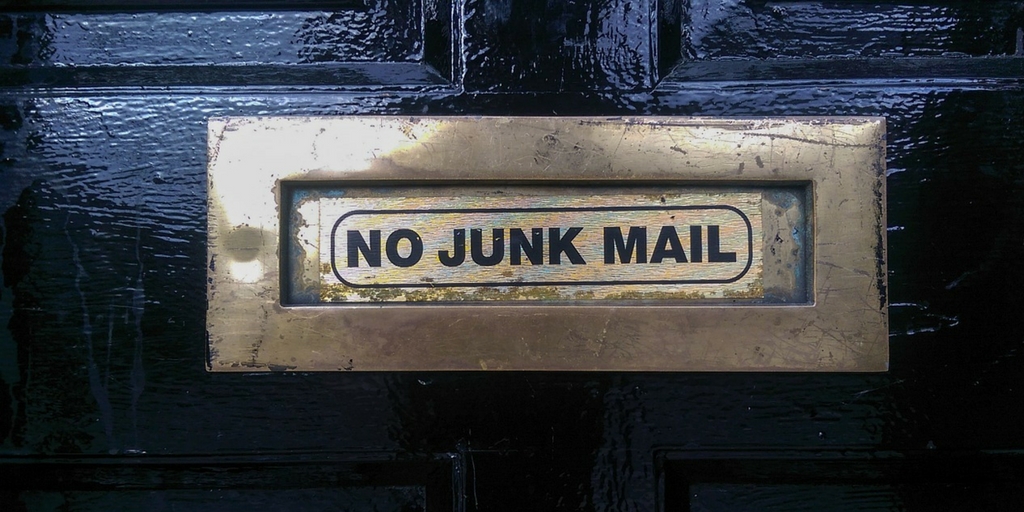
Kevin Spacey and Dana Brunetti Want to Mark You as Spam
Use this checklist to make sure your marketing emails don’t end up in your customers and prospects’ spam folders.
When celebrities make the headlines, it’s normally for far more salacious reasons than a patent award. But for Kevin Spacey and his longtime producing partner Dana Brunetti, that’s exactly what’s got people talking.
The pair was awarded a patent on April 5 for “systems and methods for implementing email delivery,” which Brunetti unveiled on his Instagram account. Essentially, the invention is aimed at providing a way to screen and manage non-authorized emails.
“It allows in only the ones it knows or whoever is on the list,” Brunetti explains. The idea stemmed from Spacey’s frustrations at receiving countless unwanted emails, and being unable to do anything but change his email address.
Spacey’s impulse points to a pervasive issue: We’re all bombarded with marketing emails. But, as a business, it’s one of the most effective ways to reach customers and prospects. How do we make sure our emails are relevant and aren’t just ending up in spam filters?
Are my marketing emails spam?
Firstly, check out our post on making sure your emails aren’t annoying prospects. Then go through this checklist for avoiding spam complaints and unsubscribes:
- Are my emails relevant to my recipient list?
- Am I sending emails at a good cadence?
- Is my email format mobile-friendly?
- Do I have a mobile-friendly landing page experience?
- Do I have an easy opt-out/unsubscribe process to avoid frustrated subscribers?
- Does the unsubscribe link work properly?
- Am I emailing a subscriber who has just had a poor customer experience? (Don’t!)
- Is easy to quickly identify me as the sender?
- Did I include a valid postal address and reply-to email address?
- Are my emails honest? (Am I hiding the commercial character of my email or using false or misleading subject lines or content?)
- Am I emailing people who have opted in to receive my emails only?
- Have I removed all email addresses that have unsubscribed from previous emails?
Follow these best practices — which are, in some cases, international law — and be confident your marketing emails won’t end up in your recipients’ spam folders.
Related posts:
- The Holiday Email Marketing Push: Is It Worth It?
- Rethink Your Thank You Emails
- Create Marketing Emails People Will Open

